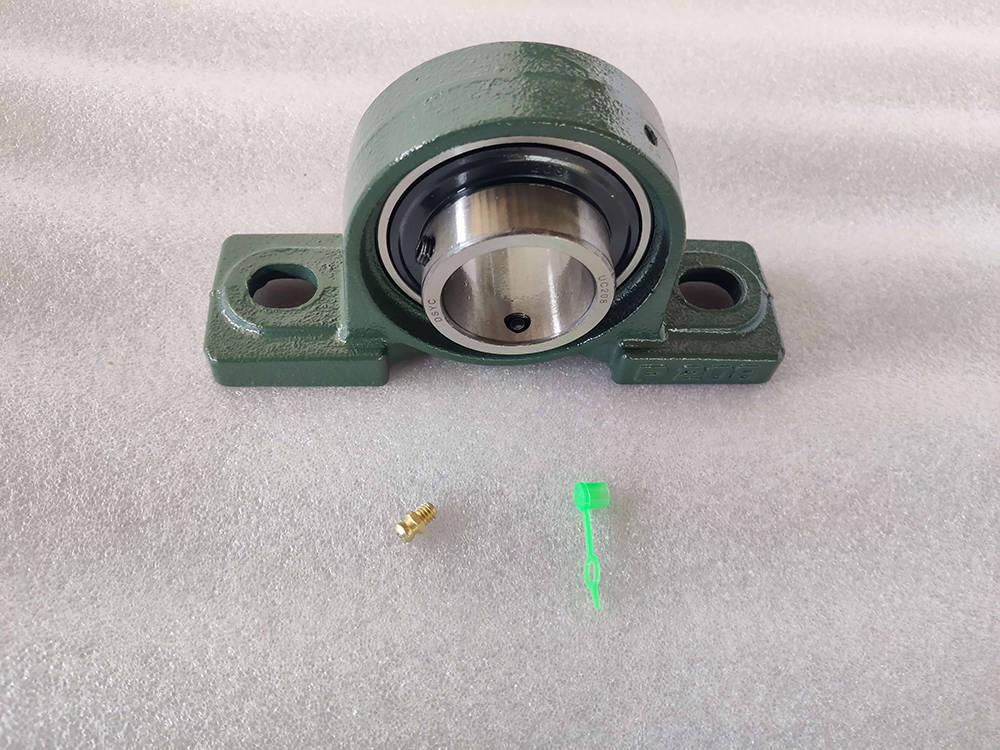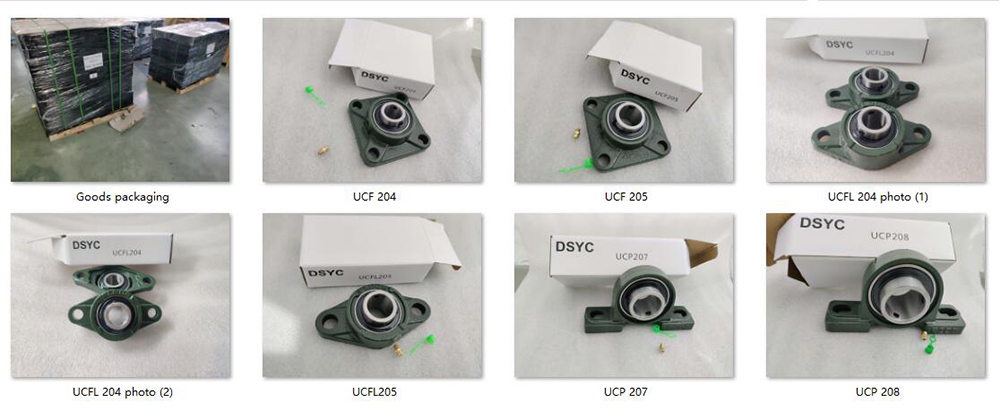News Center
What are pillow block bearings used for?
2023-02-01
What are pillow block bearings used for?
Pillow block bearings, or plummer blocks, are commonly used to support a rotating shaft and provide a fixed housing to allow rotation and minimize friction in various applications like conveyors, fans, and industrial equipment.

Below are some FAQs about pillow block bearings which you might be interested in.
What materials are pillow block bearings made from? Pillow block housings are often made from cast iron, steel, or stainless steel for durability, while the bearing insert may be steel or ceramic, depending on application needs.
How do I install a pillow block bearing? Installation typically involves mounting the block to a flat surface and aligning it with the shaft. Proper alignment and securing set screws are crucial to avoid premature wear.
How do I choose the right pillow block bearing for my application? The right choice depends on the load, speed, shaft size, and environmental conditions. Factors like required tolerance, load capacity, and temperature resistance should also be considered.

What maintenance do pillow block bearings require? Regular inspection, cleaning, and lubrication are important to ensure optimal performance and longevity. Most pillow block bearings have grease fittings for easy lubrication.
What is the difference between a pillow block bearing and a flange bearing? A pillow block bearing is mounted on a flat surface, while a flange bearing has a flanged mounting for installation perpendicular to the shaft, often seen in applications requiring more precise alignment.
How long do pillow block bearings last? The lifespan depends on load, speed, maintenance, and environmental factors, but with proper care, they can last several years.
Are pillow block bearings waterproof or corrosion-resistant? Some pillow block bearings, especially those used in outdoor or harsh environments, come with protective coatings or are made from stainless steel to resist corrosion and moisture.